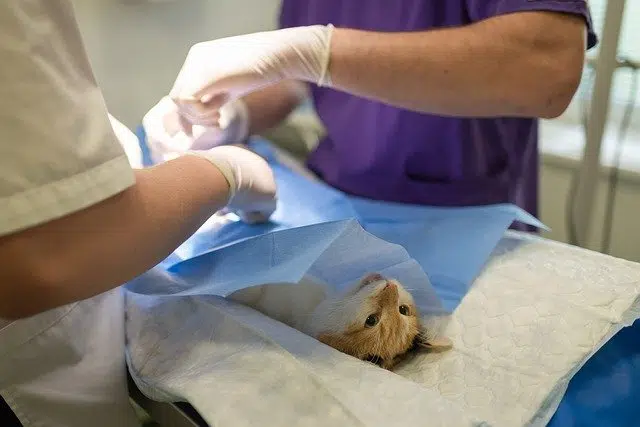
Sterilization may consist of the elimination of microorganisms.
Sterilization is the action and effect of sterilizing . This verb refers to the action of destroying pathogenic germs or making something sterile and infertile that was not before.
For example: "Please take care of the sterilization of these instruments" , "The infection occurred due to a failure in the sterilization of the medical material used in the intervention" , "The sterilization of stray dogs is necessary to prevent uncontrolled reproduction." control" .
Elimination of microbes
The notion of sterilization can be used, therefore, to name the control of microbial growth that allows the elimination of all forms of life , such as viruses and spores. In this way, sterilization is responsible for the destruction of microorganisms found in an object, substance or place .
Microbiological sterilization can be carried out through different chemical and physical methods. A common alternative is to subject what you want to sterilize to high temperatures that cause the death of the microorganisms. Implements used in hospitals , health products and food are some of the things that usually undergo sterilization.

Sterilization of pets is a method of contraception that is permanent and usually irreversible.
Pet sterilization
For medicine and veterinary medicine, sterilization can also consist of the method that makes a living being sterile and infertile, which prevents its reproduction . It is a permanent and generally irreversible contraception.
The sterilization of pets , such as dogs and cats, is a mechanism that is usually considered beneficial for animals and humans, since it prevents procreation and reduces the chances of abandonment. However, despite the insistence of specialists on the subject, many people who live with animals that have been sterilized assure that the complications after the operations are worse than the preceding discomfort, just as there are countless stories of animals that have They have spent their entire fertile lives and have not suffered any of the disorders commonly mentioned in this area .
Advantages and disadvantages of these interventions
It is said that men have more resistance to sterilizing their pets than women, and that one of the most frequent fears is feeling that they would be diminished by canceling their reproductive capacity , which could lead to depression and a negative change in his character. Veterinarians deny these possibilities, arguing that animals base their character on their environment rather than on their genitals and ensuring that depriving them of their reproductive organs only takes a weight off their shoulders, leaving them with one less need to satisfy.
Given this statement related to needs, there are a large number of stories of male animals that become upset and try to mount females in heat that they find in their environment, as well as females that suffer terrible disorders that include psychological pregnancies and cancer , two problems that supposedly should not appear after sterilization. Can castration campaigns be trusted, then? Or are we putting the health and happiness of our pets at risk simply by heeding the wisdom of our species?
The dilemma begins with not being able to ask a dog or cat if they want to undergo surgery to alter their body and eliminate their ability to reproduce. However, if real experiences show that sterilization is not a definitive and infallible solution to excessive reproduction, what animal in its right mind would choose to be anesthetized, opened and modified instead of enduring discomfort every 6 months? We do not know the answer, and that is why neither of the two positions prevails over the other.
Another point that worries people who consider neutering their pets is weight gain; To this, specialists respond that animals maintain their adequate physical condition as long as they perform the recommended amount of exercise per day and lead a calm and happy life.
